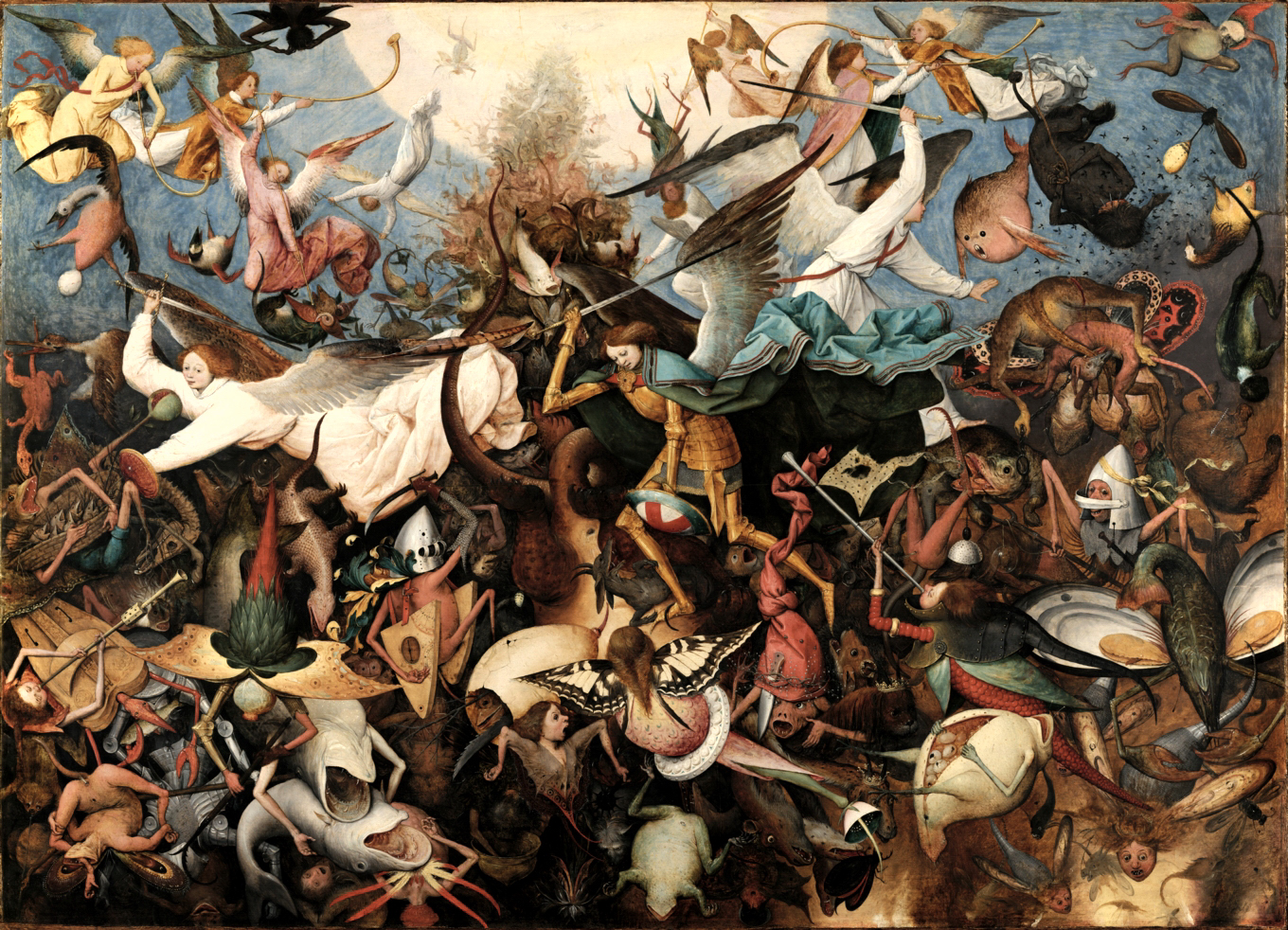Actualiteit
Column: Interacting Disciplines
By Coco Kanters
There are two magic words when it comes to creating bridges between disciplines: multidisciplinarity and interdisciplinarity. Both words refer to some form of interaction. But what is the difference? The key here is the shape of the interaction (the process) and the degree of integration (the result). Two LAS HHP students illustrate this difference by using a popular metaphor: consider disciplines as pieces of fruit.
Rudy Brands wrote a paper on Instagram’s shadow ban for the course Multidisciplinair Project. The shadow ban refers to an algorithm that disproportionately disadvantages the representation of marginalised groups on social media platforms. Rudy talks about why her approach is an example of multidisciplinarity:
I used the disciplines of gender studies and information sciences. The first, gender studies, could not provide a complete understanding of how algorithms work. Therefore, I needed some basic knowledge of Information Sciences. Hence this is multidisciplinary research, because a single discipline could not provide all the necessary tools to answer the issue at hand. I needed the insights from one discipline to be able to make a statement from the perspective of another.
Multidisciplinarity is not unlike a fruit salad: the two pieces of fruit are easily recognisable in the end result. The result of an interdisciplinary process, however, is more like a smoothie: all textures and flavours are integrated into a new whole. Sem van Boxtel currently writes his interdisciplinary capstone. The group, says Sem, consists of two psychologists – one social psychologist and one neuropsychologist – and two social scientists from ASW (interdisciplinary social sciences) and political geography:
Our research is about emotional reactions to the pandemic. What role do emotions have in the discussions about how society should deal with this crisis? As a group, we examine the possibilities to integrate psychological and sociological insights about emotions and crisis situations into a new, more comprehensive, understanding of this complex problem.
During the process, the researchers first explicate their disciplinary assumptions and concepts. Then they identify commonalities and differences. Finally, they use a variety of integration techniques to develop an innovative and creative insight. The different disciplines are no longer recognisable in the end result; as is the case with pieces of fruit in a smoothie.
Whether you set out to work in a multidisciplinary or in an interdisciplinary fashion, communication is key. To be sure, the basis for these types of research will always be disciplinary specialisation. Chances are, then, that you are not working alone. With a group of different specialists, you’ll dig up disciplinary assumptions; you’ll explore jargon; and you’ll engage in connective thinking. An inquisitive spirit and an open-minded attitude are therefore always the first ingredients of your fruit dish. Luckily, HHP students possess these in abundance.
Coco Kanters is a lecturer in Liberal Arts and Sciences and conducts PhD research in anthropology at Leiden University. Within Humanities Honours she is involved as domain coordinator for LAS and TCS and as lecturer in courses Terreinverkenning and the Honours Research Seminar.

